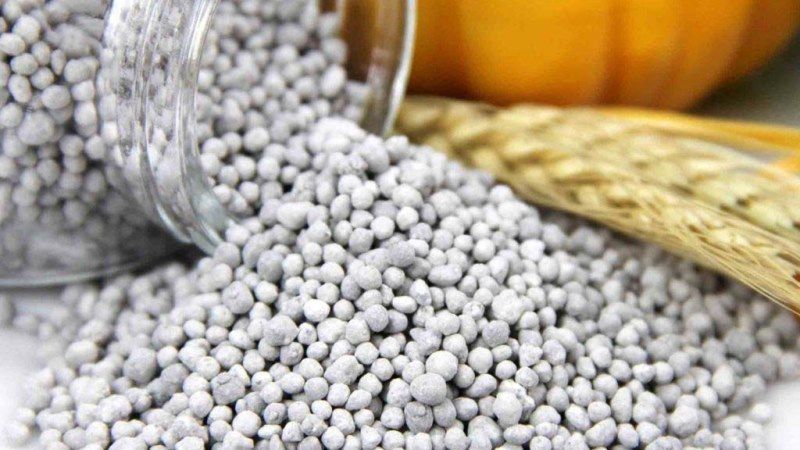The price of gas in Europe fell to $450 for the first time since 2021, which lowers the prices of fertilizers

Natural gas prices on the London ICE exchange fell more than 6% on Monday to $450/thousand cubic meters, falling to this level for the first time since July 2021. The reason for this was an unusually warm winter in the United States and Europe, as well as significant inventories gas in storage at the end of the season, when consumption decreases. Following gas prices, the prices of nitrogen fertilizers are falling, which will help reduce the cost of grain and food in the new season.
April futures at the TTF hub in the Netherlands fell to $457/thousand cubic meters, while last year at this time they reached $1,900/thousand cubic meters.
Gas prices in Europe began to fall late last year amid warm weather and strong winds that allowed for a dramatic increase in wind generation. In addition, the EU compensated for 80% of Russian gas exports by increasing supplies of liquefied gas from the USA and Norway. Gas reserves in Europe’s underground storages have dropped to 60%, which is a record for this time of year.
In 2022, Norway received a record 131 billion euros from the sale of gas and oil, which is three times higher than the revenues of 2021, and became the main European supplier of gas after the reduction of supplies from the EU. It provided 1 billion euros for military and humanitarian aid to Ukraine in 2022, and plans to allocate another 7 billion euros in the next 5 years.
Fertilizer prices on global and European markets continue to fall due to increased supply and reduced demand from farmers, who have reduced their use amid falling grain and oilseed prices to minimize losses.
According to Agrarheute, urea fell in German ports during February by €100/t to an 18-month low of €500-510/t. Prices for urea-ammonium mixture (UAM), the fertilizer most in demand by farmers, fell by €150/t during the month to €400/t, which corresponds to the level of October 2021.
In the US, despite spring orders, fertilizer prices are also falling. Spot contracts for anhydrous ammonia fell 25% in two weeks to $590/t, the lowest since July 2021.
Read also
Wheat in Southern Brazil Impacted by Dry Weather and Frosts
Oilseed Industry. Leaders and Strategies in the Times of a Great Change
Black Sea & Danube Region: Oilseed and Vegoil Markets Within Ongoing Transfor...
Serbia. The drought will cause extremely high losses for farmers this year
2023/24 Safrinha Corn in Brazil 91% Harvested
Write to us
Our manager will contact you soon



